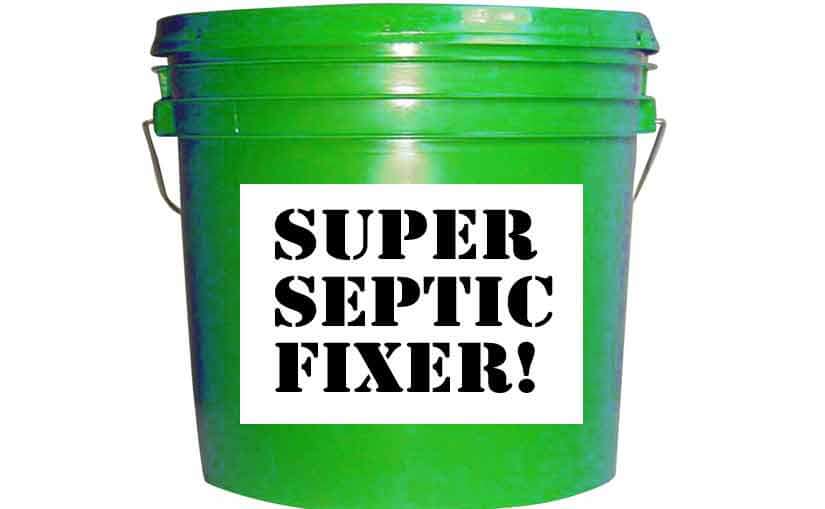Are you experiencing a stagnant pool of dirty water for a few minutes to about an hour after you have just showered, used the tub, or washing the dishes? It is quite disheartening to notice the slow draining of your tub or sink and naturally, you should definitely seek out what might be done to help cure the clogs.
Usually, to save on costly service calls, you tend to get a plunger and try to pump out any clog that may have stayed in there to make the water move slowly. This can be a solution but not on a long term basis since you cannot expect yourself or any member of the household to get rid of the clog manually with the use of the plunger every single day. You know that there is something wrong with the septic system and you wonder what to do. Well, here are a few things that many homeowners are guilty of and perhaps you too. Take a look and see where you might be able to improve.
Slow draining septic systems can be caused by several things:
1. System overuse
If your household has too many people who give out waste and use water, more than what your septic tank has the capacity for, then expect a slow drain to develop pretty soon. Water usage is of primary concern here because if there is too much water used, then the septic tank takes too long to drain. Plus, the sediments at the bottom of the tank will be stirred up again and then flow into the leach field. This will clog up the system and cause backup flow of the raw sewage into your home and yard perimeter.
2. Long maintenance intervals
Maintaining your septic system indeed takes time, attention, and money. But if you adhere to the regularity of the inspection, pumping, and overall maintenance of your septic system, then you will have a happy septic system and a quick-draining home. You should have a schedule already set for this or at least assign a member of the family to remind you of the pumping schedule.
3. Clogs
This is the most common reason as to why there are slow draining septic systems. You may experience stagnant pools on the bathroom floor or in the kitchen sink that also reek of unpleasant sewage odors. This may be caused by hairballs, tissue paper, scum, solidified cooking oil, or other solidified materials that have stayed in the drain for a long time. These clogs hinder the flow of water into the septic tank and cause the slow drainage. You could use a plunger, hot water, or drain clearing products available in the market today.
4. Mechanics
Mechanical issues also case slow drains. There might be some part of the sink or toilet that has become Ill fitted over time which is now causing the slow drain. These should be checked by a service man so that you may use your drainages and fixtures properly and efficiently.
5. Failure
The failure of the septic system is a very obvious cause of slow drainage. This may be caused by so many factors such as excessive water use, dumping of antibacterial soaps and solutions, poor maintenance, and even using too much baking soda in cleaning drains. If the septic tank is left in poor condition with very little bacterial population and too much sediment, then accept the fact that your drains will be slow for a while. Failure can addresses using a strong restoration product provided mechanical breakage or root intrusion is taken care of first.
In any scenario, prevention is better than a cure so make use of strainers, and avoid irresponsible use to keep slow drains from happening in the first place. Remember, water is now “liquid gold” when you are dealing with any type of slow drain issue brought upon by a septic condition.


